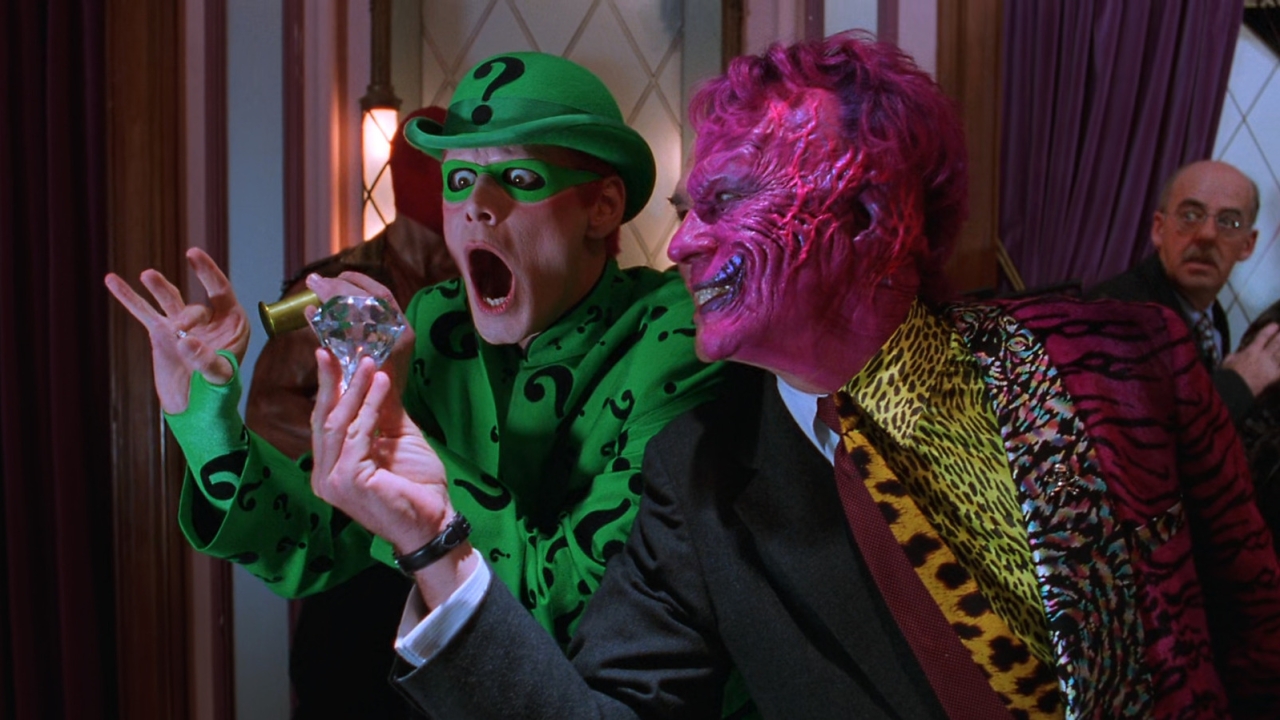Impactful Independent Cinema: Analyzing La Haine at the 1995 Cannes Film Festival
News - 17 December 2023
 The film La Haine made a significant impact at the 1995 Cannes Film Festival, where director Mathieu Kassovitz won the award for 'Best Director' for his second feature film. The movie can be viewed as a prominent example of independent cinema from the 1990s, showcasing the work of young and innovative filmmakers who sought to explore new techniques in storytelling through film editing and cinematography. Some other well-known films in this subgenre include Lock, Stock and Two Smoking Barrels and Trainspotting.
The film La Haine made a significant impact at the 1995 Cannes Film Festival, where director Mathieu Kassovitz won the award for 'Best Director' for his second feature film. The movie can be viewed as a prominent example of independent cinema from the 1990s, showcasing the work of young and innovative filmmakers who sought to explore new techniques in storytelling through film editing and cinematography. Some other well-known films in this subgenre include Lock, Stock and Two Smoking Barrels and Trainspotting.nnThe plot of La Haine revolves around the lives of three friends, Vinz, Hubert, and Saïd, who reside in the impoverished areas of Paris and must rely on their street smarts to navigate their challenging circumstances. When a friend of theirs is assaulted by the police, tensions between law enforcement and the young working class individuals escalate. Vinz, fueled by anger over the potential death of his friend, seeks revenge, leading to a chain of events that expose the harsh realities of life in their community.
nnDespite its stylish and slick aesthetic, La Haine is far from being just a superficial portrayal of Parisian life. The film serves as a poignant social commentary, addressing issues of racism and discrimination faced by residents of the banlieues (suburbs) in Paris, particularly at the hands of authorities. The narrative of the film was inspired by the 'Makomé M'Bowolé affair' that took place in 1993, highlighting the director's intention to shed light on these pressing social issues through his work.
nnOne of the most iconic scenes in La Haine is when Vinz recreates a famous scene from the film Taxi Driver, where he mimics Robert De Niro's character in front of a mirror. This shot has become synonymous with the film and is instantly recognizable to viewers. The clever use of cinematography and set design creates the illusion of the camera moving through the mirror, adding an extra layer of depth to the scene.
nnFor those interested in watching La Haine, the film is available for streaming on platforms like Pathé Thuis, providing an opportunity for audiences to experience the powerful storytelling and social commentary that the movie offers. Through its blend of raw emotion, gripping narrative, and thought-provoking themes, La Haine continues to captivate viewers and cement its status as a timeless classic in the realm of independent cinema.nnIn conclusion, La Haine stands as a testament to the power of independent filmmaking and the ability of cinema to shine a light on important social issues.
With its compelling storyline, memorable characters, and striking visuals, the film has earned its place as a significant work in the landscape of 1990s cinema. Director Mathieu Kassovitz's visionary approach to storytelling has left a lasting impact on audiences and continues to spark discussions on themes of racism, discrimination, and social inequality in contemporary society.











